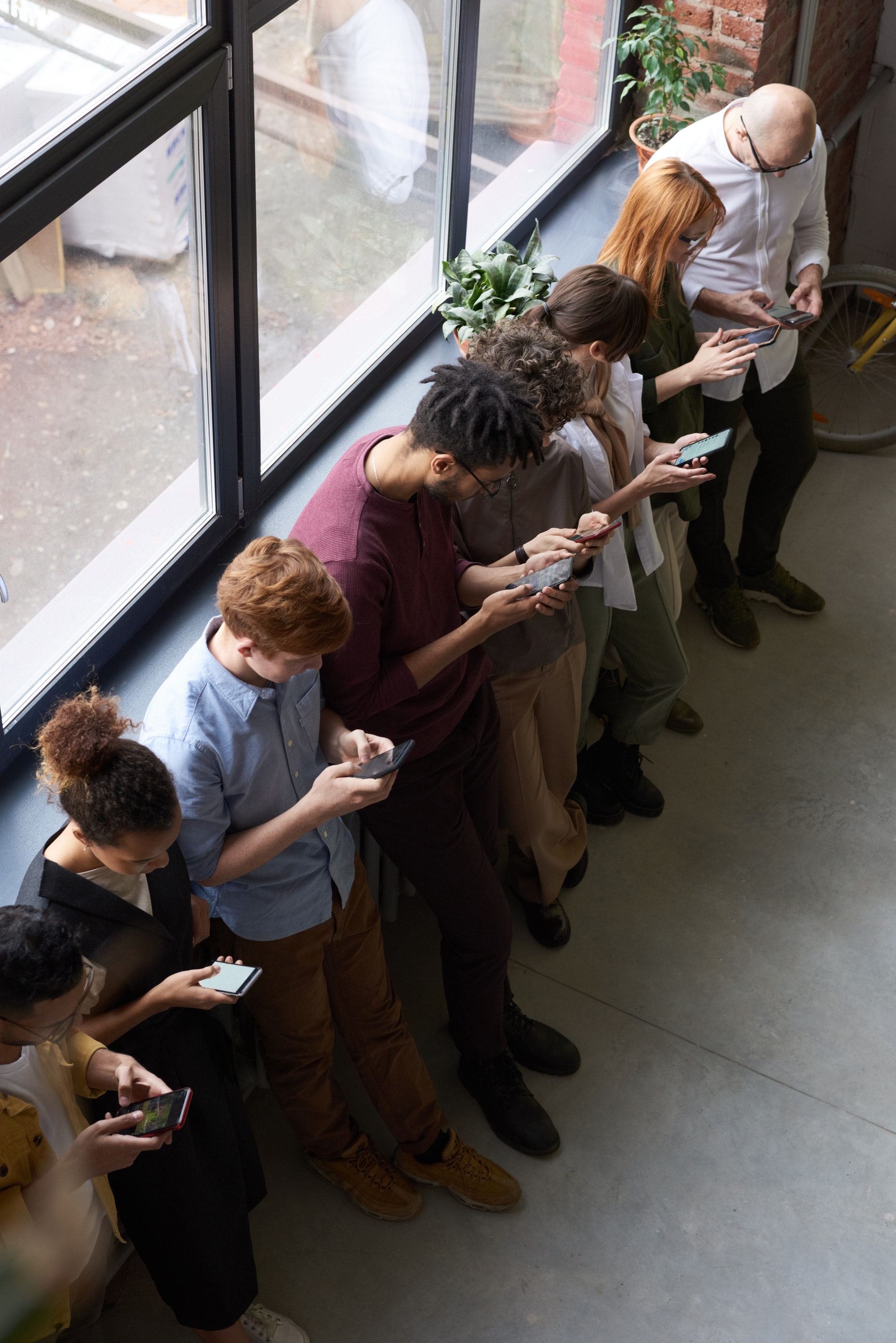News
Trump weighs scaling back social distancing guidelines

As many public health officials call for stricter, not looser restrictions on public interactions, Trump said he was already looking toward easing the advisories that have sidelined workers, shuttered schools and led to a widespread economic slowdown. (Pexels photo)
WASHINGTON — With lives and the economy hanging in the balance, President Donald Trump said Tuesday he is hoping the country will be reopened by Easter, as he weighs how to refine nationwide social-distancing guidelines to put some workers back on the job amid the coronavirus outbreak.
As many public health officials call for stricter, not looser restrictions on public interactions, Trump said he was already looking toward easing the advisories that have sidelined workers, shuttered schools and led to a widespread economic slowdown.
“I would love to have the country opened up and just raring to go by Easter,” he said during a Fox News virtual town hall.
Health experts have made clear that unless Americans continue to dramatically limit social interaction — staying home from work and isolating themselves — the number of infections will overwhelm the health care system, as it has in parts of Italy, leading to many more deaths. While the worst outbreaks are concentrated in certain parts of the country, such as New York, experts warn that the highly infectious disease is certain to spread.
The U.S. is now more than a week into an unprecedented 15-day effort to encourage all Americans to drastically scale back their public activities.
“I gave it two weeks,” Trump said during the virtual town hall from the Rose Garden. He argued that tens of thousands of Americans die from the seasonal flu or in automobile accidents and “we don’t turn the country off.”
“We’ll assess at that time and we’ll give it some more time if we need a little more time, but we need to open this country up,” he added. “We have to go back to work, much sooner than people thought.”
The reassessment comes as the White House is encouraging lawmakers on Capitol Hill to pass a roughly $2 trillion stimulus package to ease the financial pain for Americans and hard-hit industries.
Appearing before the president at the virtual town hall, Vice-President Mike Pence said Trump has asked for recommendations from the White House coronavirus task force for how he can send people back to work while minimizing the public health risk. He said Trump wants to find a way “to open America back up.”
Trump’s enthusiasm for getting people back to work comes as he takes stock of the political toll the outbreak is taking. It sets up a potential conflict with medical professionals, including many within his government, who have called for more social restrictions to slow the spread of the virus, not fewer.
Dr. Anthony Fauci, the nation’s leading expert on infectious diseases and a member of the White House’s coronavirus task force, told WMAL on Tuesday that Trump has always heeded his recommendations.
“The president has listened to what I have said and to what the other people on the task force have said, when I have made recommendations he has taken them. He’s never countered or overridden me, the idea of just pitting one against the other is just not helpful,” Fauci said.
Larry Kudlow, Trump’s top economic adviser, told reporters Tuesday that “public health includes economic health.”
“That’s the key point. And it’s not either-or. It’s not either-or, and that’s why we’re taking a fresh look at it,” he said.
Earlier Tuesday, Trump took to Twitter.
“Our people want to return to work,” the president tweeted. “They will practice Social Distancing and all else, and Seniors will be watched over protectively & lovingly. We can do two things together. THE CURE CANNOT BE WORSE (by far) THAN THE PROBLEM!”
During a private conference call with roughly 30 conservative leaders on Tuesday, Pence reinforced Trump’s eagerness to lift coronavirus-related work and travel restrictions “in a matter of weeks, not months.”
Pence said there would be no formal decisions made until the current 15-day period of social distancing was complete when pressed on a specific timeline for lifting restrictions, according to a conference call participant who spoke on the condition of anonymity to share details of the private discussion.
Pence told the group that accommodations would need to be made for the highest-risk populations if and when restrictions begin to be lifted.
——
AP writer Steve Peoples in New York contributed to this report.





















